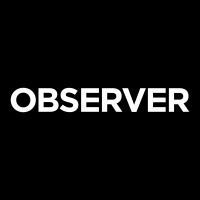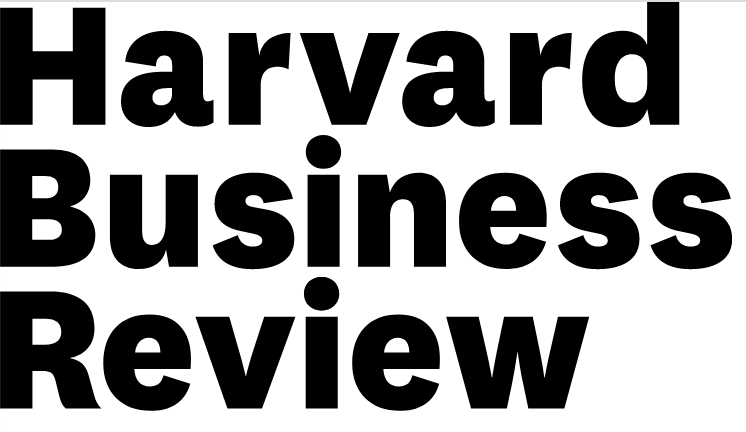While HR’s role in business strategy is certainly evident to people such as me, it is not always obvious to business leaders who are focused on other key metrics.
I recently sat down with a client who explained why the budget for programming was easy to approve: The results of excellent programs are directly tied to company notoriety and further revenue funding. However, when we had a discussion about bringing on new talent and increasing employee salaries to market, the budget suddenly felt strained. “I might have trouble getting this approved by the board,” she explained.
However, my recent 1:1 discussions with the team led me to believe that on the other side of the excellent programming was an overburdened, burned-out workforce. Sustainability would certainly present a problem for the company in the near future without a timely remedy. A few additional heads and a slight boost in salary could significantly improve bandwidth and morale.
My followup question to the client was simple: “How do you plan to execute the programs you just approved without the proper team in place to do it?”
“Right,” she said. Forbes emphasizes that “Great work starts with talented, happy employees, and it is HR’s job to hire those people and retain them long-term.”
Today, HR professionals are commonly valued for their ability to see around corners for the business, specializing in mitigating compliance risks, talent management, organizational development, and employee engagement. From recruiting the right teams, to onboarding and retention, to performance management and leadership development, HR plays a central role in developing company culture and structure, and creating fruitful business outcomes.
A more obvious value shift for HR professionals arose during the COVID-19 pandemic, after HR teams were unexpectedly thrown into the role of crisis management and ensuring business continuity in unprecedented times. From implementing remote work policies to fostering employee well-being and safety, HR professionals guided organizations through unforeseen challenges. As businesses continue to adapt even four years later, undergoing huge cultural shifts such as hybrid work models, HR continues to show up as a strategic and innovative partner in the workforce. All things considered, it is evident that HR professionals are a necessary asset to thriving businesses.









